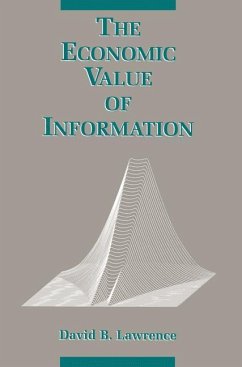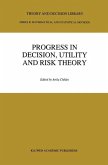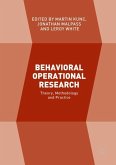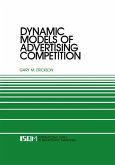The Scope of This Book Popular culture often refers to current times as the Information Age, classifying many of the technological, economic, and social changes of the past four deca:les under the rubric of the Information Revolution. But similar to the Iron Age be fore it, the description "Information Age" suggests the idea that information is a commodity in the marketplace, one that can be bought and sold as an item of value. When people seek to acquire information yet complain about information overload, and when organizations invest millions in information systems yet are unable to pinpoint the benefits, perhaps this reflects a difficulty with the as sessment of the value of this commodity relative to its cost, an inability to dis cern the useless from the useful from the wasteful. The Information Age requires us to assess the value, cost, and gain from information, and to do it from several different viewpoints. At the most elementary level is the individual who perceives a need for in formation-her current state of knowledge is insufficient and something needs to be understood, or clarified, or updated, or forecast. There is a universe of al ternative information sources from which to choose, some more informative than others, some more costly than others. The individual's problem is to evalu ate the alternatives and choose which sources to access. An organization comprising many information-seeking employees and agents must take a somewhat broader viewpoint.
Bitte wählen Sie Ihr Anliegen aus.
Rechnungen
Retourenschein anfordern
Bestellstatus
Storno








